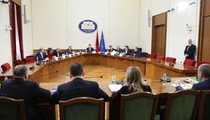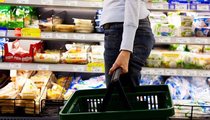EU and China, preliminary agreement on rare metals/ Von der Leyen seeks trade balance, more access to the Chinese market
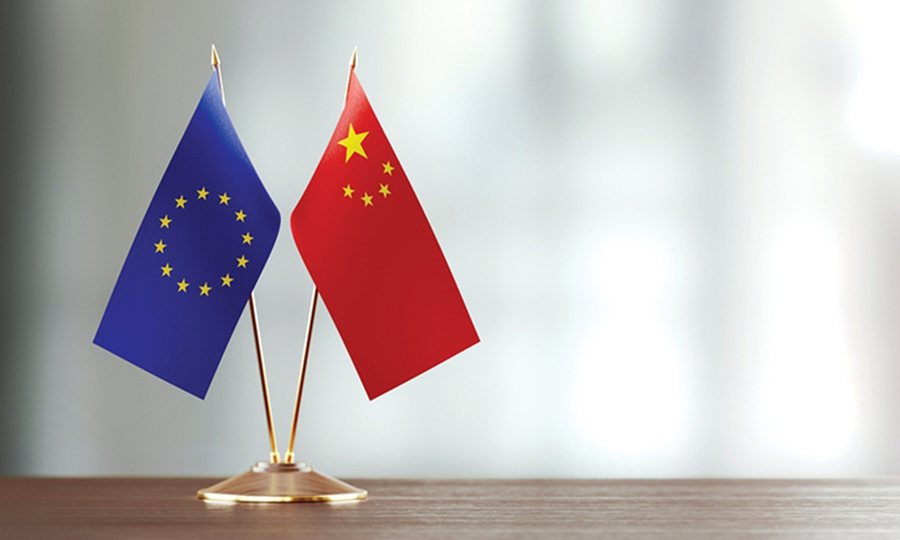
The European Union announced a preliminary agreement with China to ease restrictions the country had imposed on critical exports of rare earth metals, which threatened to paralyze the bloc's industries.
The strict restrictions, which began in April amid a trade conflict with the United States, severely affected the global supply of seven rare earth elements and magnets needed for the defense, energy and automotive sectors.
"These export controls have put considerable pressure on some European companies," said Ursula von der Leyen, the president of the European Commission. "To maintain trust in our trading relationship, we need reliable and secure supplies of critical raw materials from China," she said.
Von der Leyen welcomed China's efforts to speed up export licenses for rare earth metals and the creation of a new system to address barriers and delays in the supply chain. "We agreed to have an improved export supply mechanism," she said. "In other words, if there are obstacles, this system can check and solve the problem immediately."
However, von der Leyen insisted that much more progress was needed to significantly rebalance EU-China trade relations, which last year recorded a deficit in goods of over €300 billion. The figure risks widening in 2025 due to sluggish demand from Chinese consumers and excessively high tariffs imposed by US President Donald Trump.
"For trade to remain mutually beneficial, it must become more balanced. Europe welcomes competition. But it must be fair," the Commission head added. In addition to the restrictions on rare metals, von der Leyen singled out two areas in which progress was "possible and necessary" in the short term. The first was the bloc's early demand to provide greater and cheaper access to the Chinese market, to match the access enjoyed by Chinese firms in Europe.
Second, the issue of industrial overcapacity, linked to Beijing's excessive use of subsidies to boost domestic producers and artificially lower the price of their goods, to the detriment of international competitors.
The clash reached a climax in October when the EU imposed high tariffs on electric vehicles made in China to offset the effects of state aid. Beijing responded with investigations into EU-made cognac, pork and dairy products.

Roadside businesses have until July 31 to remove materials
The campaign to clean national roads from the clutter of roadside businesses has begun, to return public spaces to the function of safety and citizenship.......
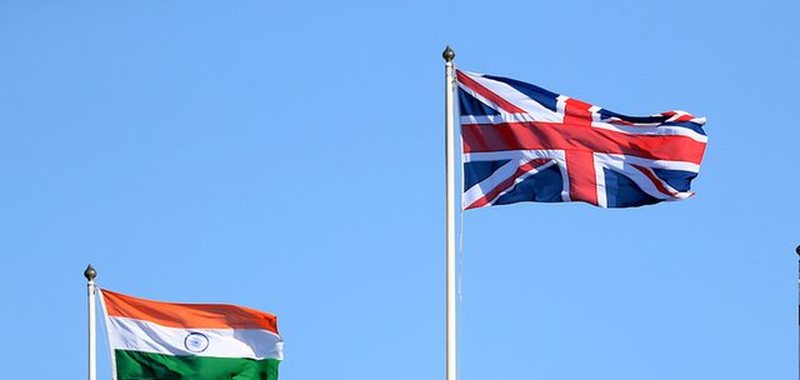
Britain and India sign free trade pact/ Agreement expected to reduce tariffs on textiles, alcoholic beverages, vehicles
Britain and India signed a free trade agreement during a visit by Indian Prime Minister Narendra Modi. The pact includes tariff cuts on goods as well as more......

Trump "clashes" with Fed chief/ Interest rates and headquarters renovation costs in focus of meeting
President Donald Trump clashed with Federal Reserve Chairman Jerome Powell during a rare presidential visit to the central bank's headquarters. Trump......
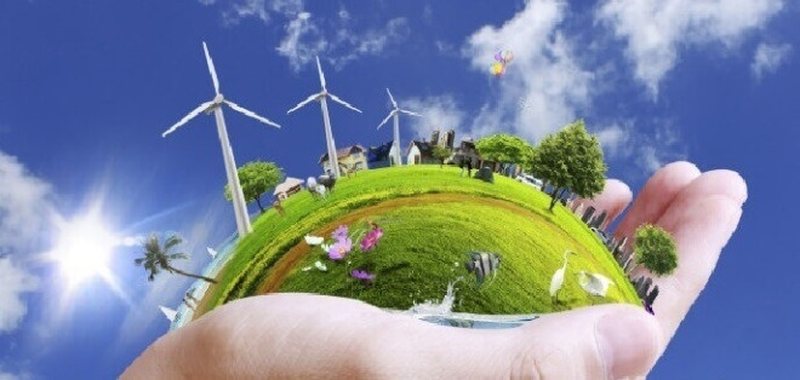
EU to simplify environmental laws/ Consultations begin after industry criticism
The European Union has launched consultations to further simplify environmental policies, after cutting an initial set of sustainability laws earlier this......
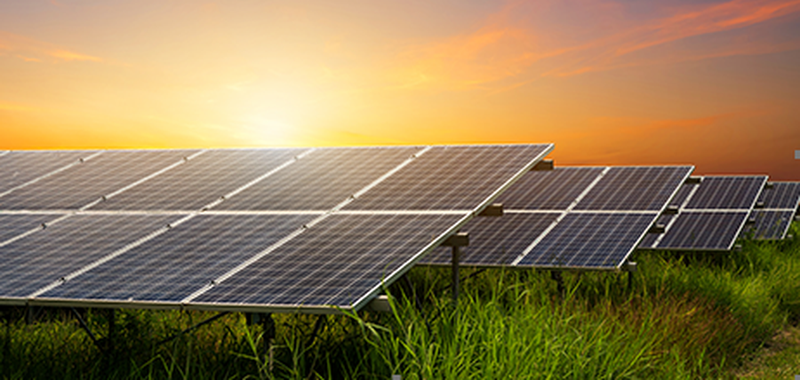
Solar energy, EU "slows" pace/ First annual decline in over a decade amid subsidy reductions
The expansion of solar power in the European Union is experiencing its first annual decline in more than a decade, according to industry data. The decline......

Fire situation, 34 outbreaks in the last 24 hours/ Ministry of Defense: 8 outbreaks are still active, 3 under monitoring
The Ministry of Defense has updated the balance of fire outbreaks in the country. In the last 24 hours, 34 fire outbreaks have been reported, of which 8 are......
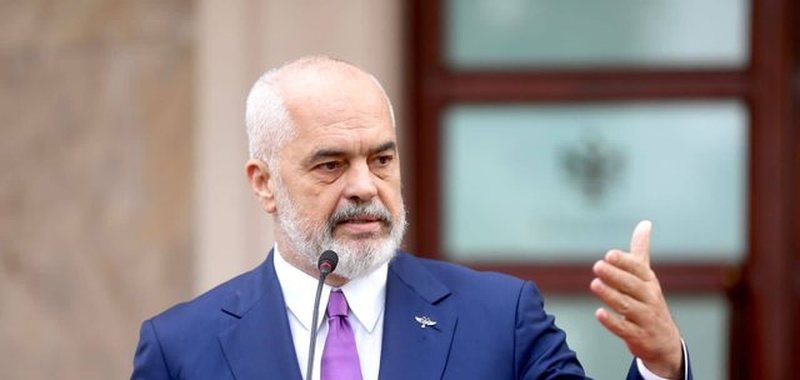
Rama presents the Chief Digital Inspectorate of Territory/ The new structure will monitor every corner of the country
Prime Minister Edi Rama today introduced a new state structure, called the Chief Digital Inspectorate of Territory, which according to him represents another......
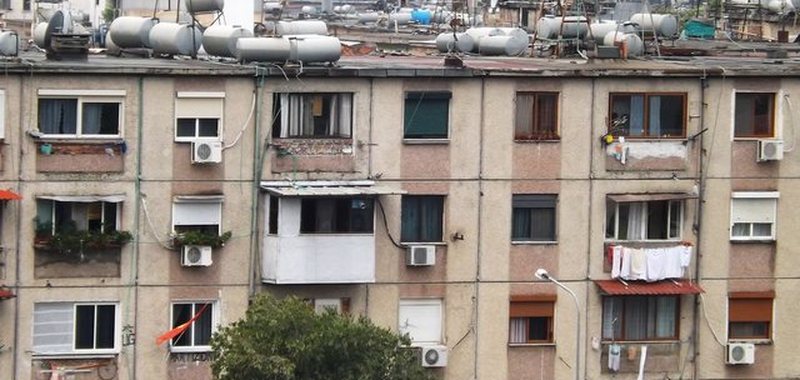
"Old palaces will remain unsold!" Reference prices, Demirxhiu: All eyes on the coast
After the publication of new reference prices, old buildings risk being left out of the market. "Always the ones that are most affected, or that will be......






